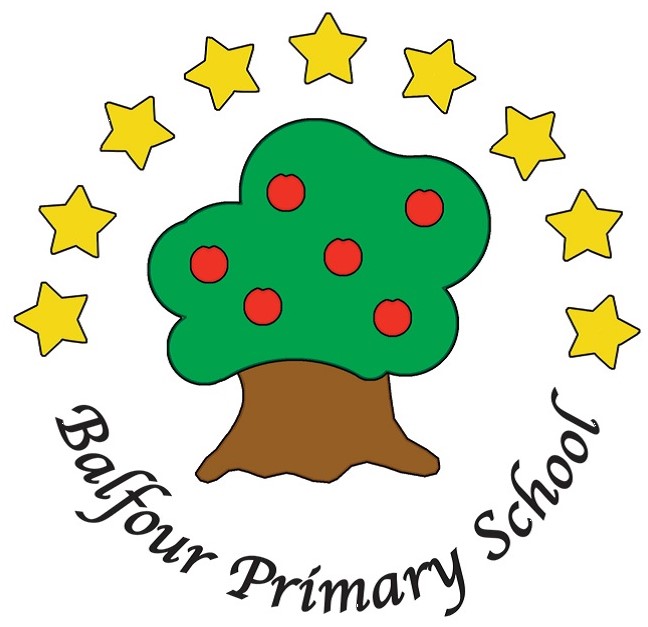Early Years
‘Direct teaching may be necessary, but effective early mathematics teaching strategies are playful, not formal, so that all children become cheerful, not fearful mathematicians.’
Gifford, S. (2018)
In Early Years, the children explore Mathematics in many different contexts, including songs, books, puzzles and games using a variety of resources and representations. Key mathematical skills are developed and implemented through planned, purposeful activities with a mixture of adult-led, child-initiated and continuous provision activities.
Learning within EYFS at Balfour Primary School is guided by the requirements and recommendations set out in the Statutory Framework for EYFS (September 2021), which underpin the curriculum planning for Reception. The children are given opportunities to develop their mathematical skills and knowledge both through teaching and environmental exploration. The ELGs are used as an end of year assessment within number and numerical patterns. Children explore their understanding of cardinality and counting, comparison, composition, pattern, shape and space and measures. Teachers do this through skilful planning of a variety of activities that enable the children to enjoy, explore, practice and talk confidently about mathematics.
EYFS may also use some of the resources from the NCETM Number blocks Support Materials and from the Schemes of Learning from White Rose Maths which underpins the new DfE Maths Curriculum guidance from July 2021, in our continuous learning provision and learning environment.
This academic year 2021-22, we are also excited to be involved in the NCETM Mastering Number national project, which aims to secure firm foundations in the development of good number sense for all children from Reception through to Year 1 and Year 2. These sessions will form the main EYFS maths input in Reception (and will be taught in addition to the main maths input in Years 1 and 2). This programme has a focus on fluency and ensures that attention is given to the key knowledge and understanding needed in EYFS, and progression through KS1 to support mathematical success in the future. In addition to this project, teachers plan and provide opportunities for children to build their understanding of shape, measure and spatial awareness. This ensures our children are exposed to a rich, exciting and complete maths curriculum.
